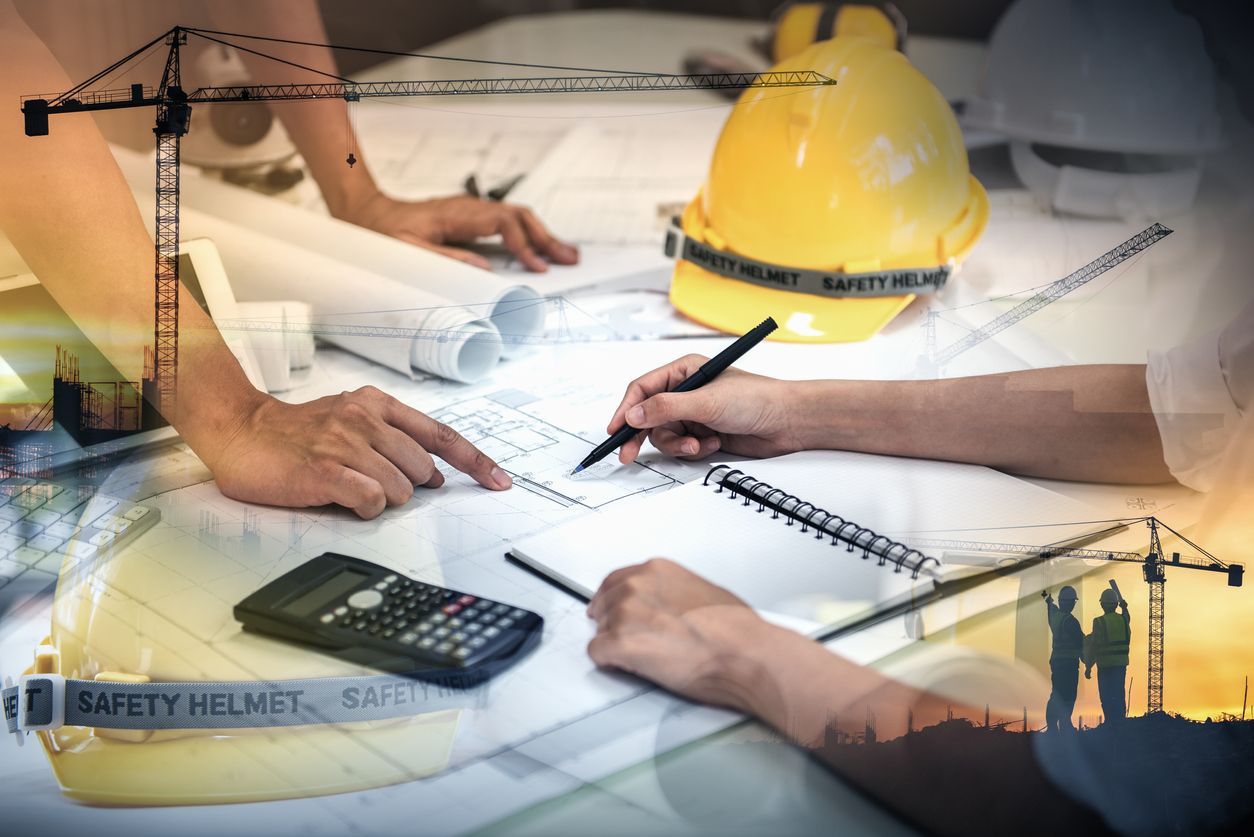What do the Key Changes to Part L of the Irish Building Regulations Mean for Homeowners & Renovation Works
The latest proposed changes to Part L (Conservation of Fuel and Energy – Dwellings) of the Irish Building Regulations focus on improving energy efficiency and reducing carbon emissions in both new and existing homes. These updates align with Ireland’s Climate Action Plan and EU Energy Performance of Buildings Directive, bringing significant implications for homeowners planning renovations or new builds.
Below, we break down the key changes and what they mean for you.
Stricter Energy Efficiency Requirements for Major Renovations
What’s Changing?
- Homes undergoing major renovation (where over 25% of the building envelope is being upgraded) must now meet a cost-optimal energy performance level, where technically and economically feasible.
- This means homeowners must consider energy-efficient upgrades as part of any large-scale renovation.
What This Means for Homeowners
- If you’re planning a big renovation, you’ll likely need to invest in better insulation, improved air tightness, and high-efficiency heating systems.
- Failure to meet these standards could delay planning permission or compliance certification.
👉 More details: gov.ie – Building Regulations
Phasing Out Fossil Fuel Boilers in Major Renovations
What’s Changing?
- The new regulations aim to ban the installation of fossil fuel boilers (oil and gas) in homes undergoing major renovation, where practical.
What This Means for Homeowners
- If your renovation includes replacing an old boiler, you may need to switch to renewable heating solutions, such as heat pumps or biomass boilers.
- Grants are available under schemes like the SEAI Home Energy Grants to help offset the cost of switching to renewable heating.
👉 Grant info: SEAI Home Energy Grants
Stricter Insulation & Air Tightness Standards
What’s Changing?
- Higher U-value (thermal performance) requirements for walls, roofs, and floors in both new builds and renovations.
- Improved air permeability targets to reduce heat loss and draughts.
What This Means for Homeowners
- You may need to upgrade windows, doors, and wall insulation when carrying out work on your home.
- Air tightness testing may be required to prove compliance, especially for larger renovations.
👉 Guidance: NSAI – Energy Efficient Retrofit Code
Mandatory Electric Vehicle (EV) Charging Infrastructure
What’s Changing?
- All new homes, and those undergoing major renovation, must include ducting infrastructure to allow for future installation of electric vehicle charging points.
What This Means for Homeowners
- If you’re extending or significantly renovating your home, you may need to install wiring and ducting for an EV charger, even if you don’t own an electric car yet.
- This futureproofs your home and could increase property value as EV adoption grows.
👉 More info: SEAI – EV Home Charger Grant
Renewable Energy Requirements
What’s Changing?
- All new homes must achieve a Renewable Energy Ratio (RER) of 0.20 (i.e., 20% of energy needs must be met by renewable sources like solar panels or heat pumps).
- Homes connected to district heating systems that use significant renewable energy will also meet compliance.
What This Means for Homeowners
- If you’re building a new home, you will need to incorporate renewable energy (such as solar panels or a heat pump) to meet Part L standards.
- For renovations, installing renewable technologies can reduce energy bills and improve Building Energy Rating (BER).
👉 Learn more: SEAI – Renewable Energy Support
Final Thoughts
These changes aim to make Irish homes more energy-efficient, comfortable, and future-proofed. While they may increase initial renovation costs, they offer long-term savings on energy bills and higher property values. If you’re planning a home renovation, now is the time to explore grants and incentives to help meet these new requirements.
At Summit Matters Ltd, we specialize in bringing derelict homes up to modern energy standards, ensuring compliance with the latest regulations. Get in touch if you need expert guidance on your renovation project!
We’d love to hear your thoughts on the proposed updates. Comment below ⬇️

